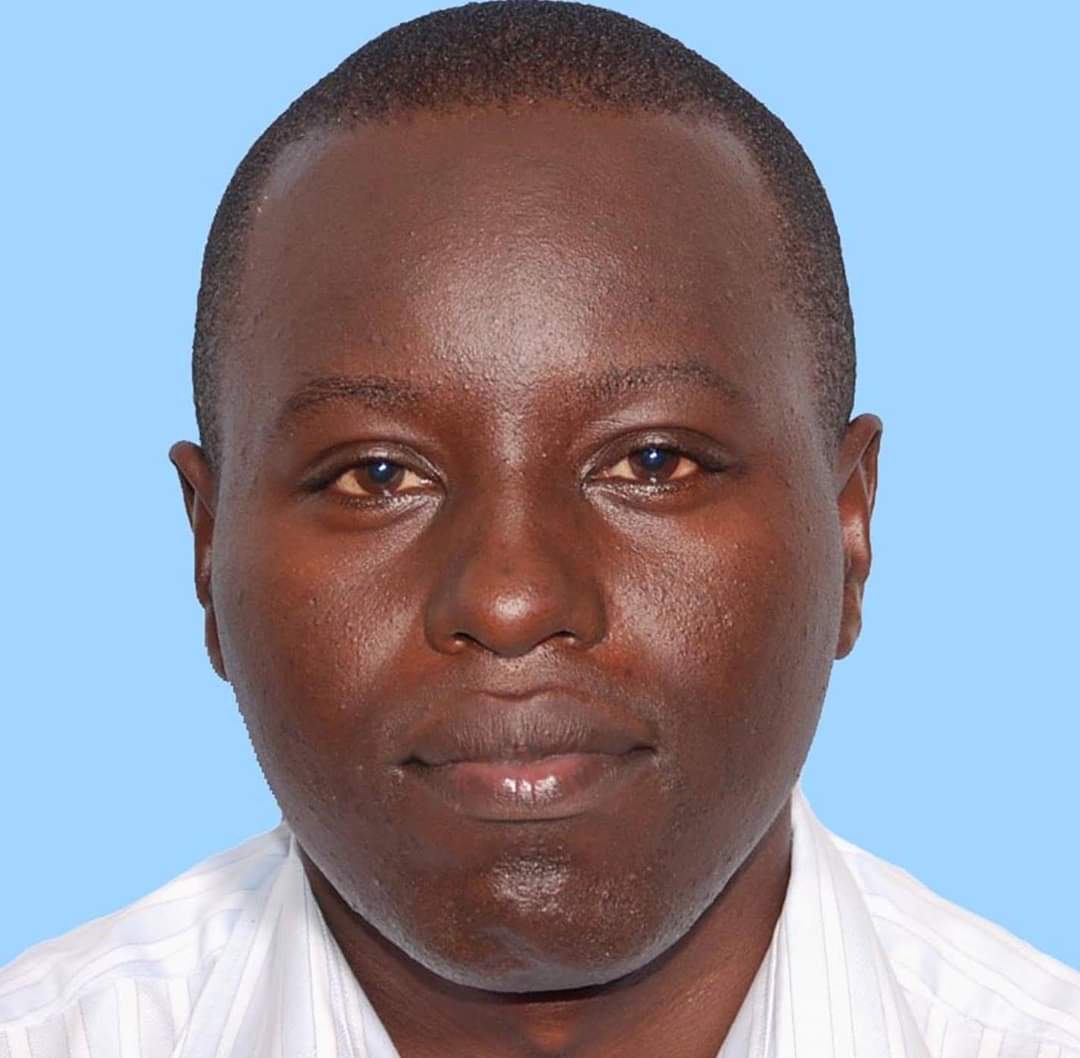DEPARTMENT OF
GEOSCIENCES AND THE
ENVIRONMENT
Dr LEWIS SITOKI
ACADEMIC TEAM LEADER (ATL)
DEPARTMENTS IN THE SCHOOL
Department of Geosciences and the Environment
Kenya’s Vision 2030 recognizes the need for improved manpower in the technology innovation field if its ambitious development goals are to be achieved. Furthermore, it is now universally accepted that sustainable development cannot take place without cognizant of environmental sustainability requirements. Both public- and private-driven actions must now consider any potential environmental impacts for more sustainable development strategies to emerge. For example: What does global warming mean for the development process of Kenya and developing countries in general? What is the impact of global warming on the intensified droughts and floods we are witnessing periodically at the moment? Is acid rain an issue that infrastructure planners and farmers should be worried about? Is the pollution of our rivers, lakes and the atmosphere a danger to our domestic water supplies and food sources? Might Kenya lose all its forests and what does this mean for our watersheds and future water supply? Will the steady loss of biodiversity mean a loss of traditional sources of medicines and food? Should forest-adjacent communities be fully integrated in the management of indigenous forests? How do we plan and build sustainable urban areas? What policies promote environmental sustainability? What is the role of technology in overcoming all these challenges? These are some of the major questions bedeviling Kenya’s development today and for the sake of current and future generations, demand urgent answers.
The complex nature of these environmental problems can be best understood and addressed through technology-based, real-world multidisciplinary studies. But Kenya’s hope of answering these questions and overcoming emerging challenges is hampered by a shortage of well-trained hands-on environmental managers and technologists as a consequence of a historical emphasis on academic focused training. This chronic lack of well-trained professionals necessary to drive technologically intensive innovation processes forward is particularly notable in environmentally-related fields such as biodiversity and forest conservation, aquatic ecology and water resources management, pollution control, waste management, geology, meteorology and climate change, natural resource management and geographic information systems (GIS). Kenya’s National Bureau of statistics projects that employment of environmental scientists and specialists will grow by 15 percent from 2012 to 2022 – a faster rate of growth than other life, physical, and social science occupations at only 10 percent. Much of this growth is projected in the private sector, although virtually all businesses and organizations need experts to help them lower their environmental footprint in conformity with sustainable development principles.
The Department of Geosciences and the Environment (DGSE) is contributing to Kenya’s technology innovation-oriented development vision by focusing on training highly proficient manpower in the applied environmental sciences and management. The Department offers two Bachelor of Technology (BTech) programmes in Environmental Resource Management and Environmental Science, a Master degree in Technology (MTech) in Environmental Resource Management, PhD in Environmental Resource Management and a Diploma in Technology (DipTech) in Environmental Resource Management. The technically-proficient and hands-on graduates of these programmes are in much demand as evidenced by the quick absorption of its graduates into the job market and the positive feedback of the employers. Areas of specialization include environmental resource management, environmental science and technology, environmental planning, environmental disaster management, geology, atmospheric sciences, environment and community development and integrated water resource management. The popularity of DGSE graduates is as a result of their ability to independently manage research and innovate in a variety of environmental science and governance disciplines. Their training is conducted in a collegial atmosphere with a diverse and experienced staff of lecturers and technologists.
DGSE students acquire a deep appreciation of earth’s fragile ecosystems through classroom training, laboratory practice and industrial-based learning. The students are able to critically analyse and evaluate environmental problems and issues, to identify possible technological solutions and suggest sustainable mitigation measures. Real-work experience for the students is further reinforced by the close collaborative links the Department has established with several major environmentally-related organisations that provides them with attachment opportunities. In this regard, DGSE cooperates with organisations such as the County of Nairobi, Kenya Forestry Research Institute (KEFRI), and Kenya Marine and Fisheries Research Institute (KMFRI) among others. The Department is seeking to establish Memoranda of Understanding with these and other organizations in the future to further diverse research and networking opportunities for both its staff and graduates.
The growing influence of the DGSE is discernible by the demands placed on it by most other Departments of the Technical University of Kenya that call on its roster of experts to conduct service courses for them in various environmentally-related courses. This serves to further underscore the importance of environmental studies in all professional disciplines in our contemporary world.
